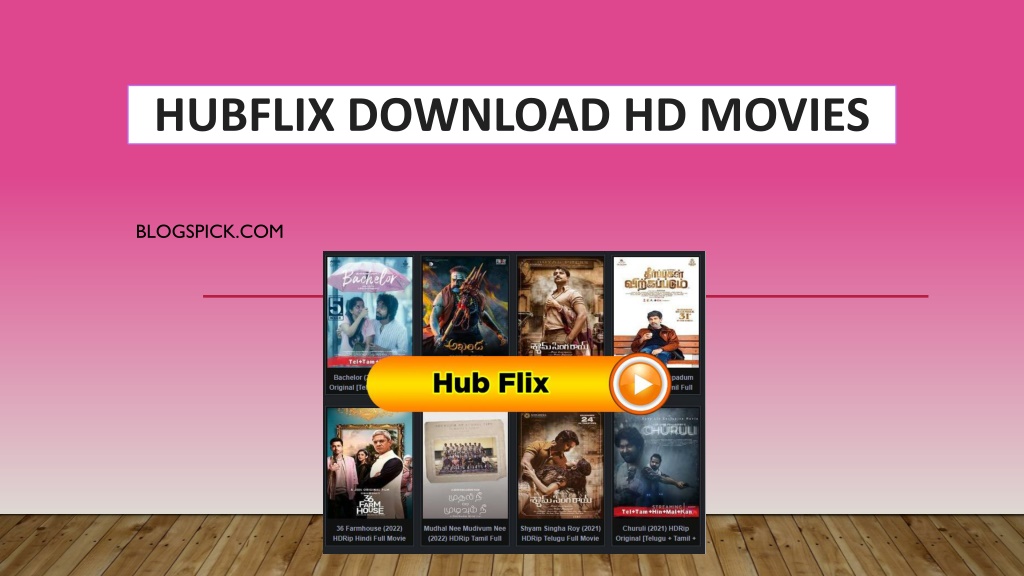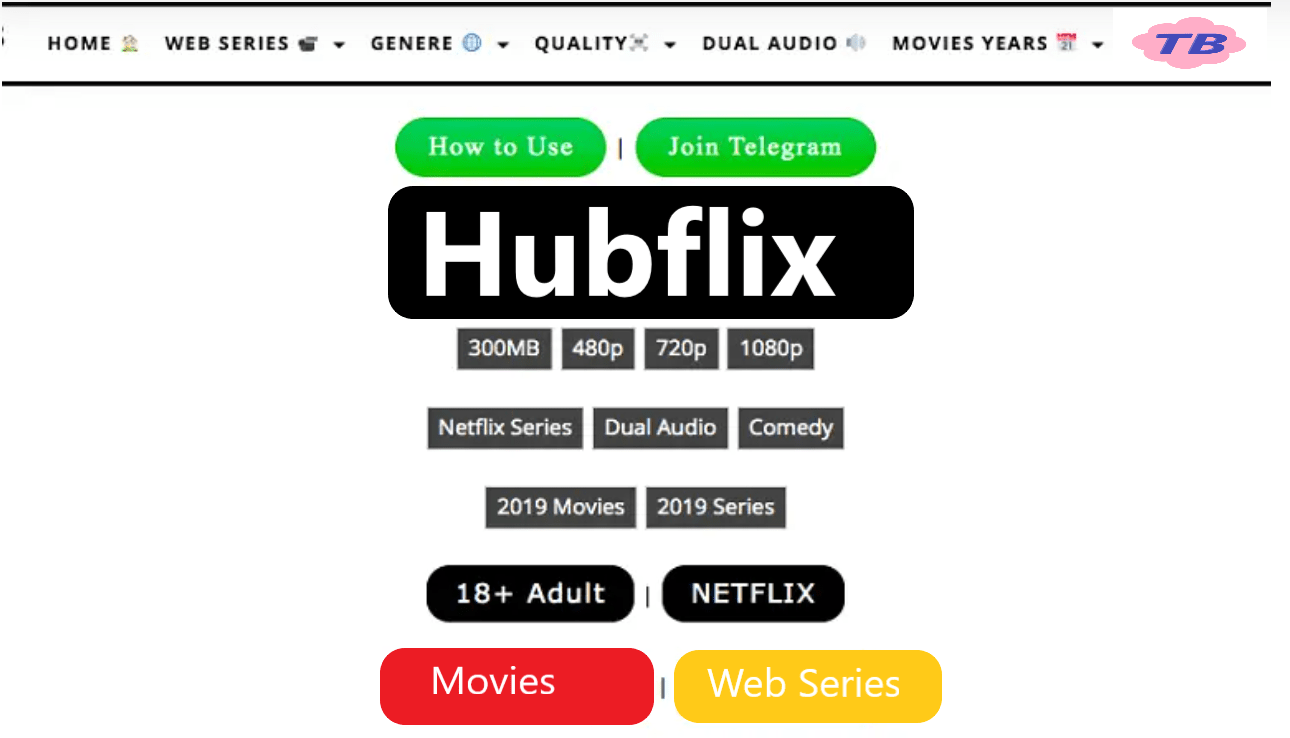Are you tired of endlessly scrolling, searching for that perfect movie night experience, only to be met with "We did not find results for:"? The quest for seamless, legal, and high-quality streaming is more crucial than ever, as audiences worldwide demand instant access to a vast library of entertainment without sacrificing ethical consumption.
In an era saturated with streaming services, the challenge isn't finding content but navigating the fragmented landscape of platforms, licensing agreements, and regional availability. Services like Justwatch aim to simplify this process, aggregating content from multiple providers, including Netflix, iflix, Hooq, Amazon Prime Video India, and Hotstar, allowing users to discover what's available on their preferred platforms. However, the digital ecosystem is also plagued by illegal streaming sites like hdhub4u and hubflix, which offer pirated content, often at the expense of creators and legitimate distributors.
The allure of free, readily available movies and web series is undeniable, especially with sites boasting extensive libraries of Hollywood, Bollywood, South Indian, and Asian productions. Platforms like "hd movie hub," "moviehub," and "movieshub" attract users with the promise of instant gratification. Yet, the dangers of engaging with pirated content are significant, ranging from malware and security risks to supporting an industry that undermines copyright laws and creative endeavors. While convenience and cost savings may seem appealing, the ethical and practical implications of consuming pirated content are profound.
- Kannada Cinema Rules Best Movies What Makes It Special
- Watch Vega Online Streaming Where To Watch More
The existence of sites like hubflix.com, which often upload pirated movies within days of their official release, poses a significant threat to the entertainment industry. These platforms thrive on circumventing copyright protections, offering unauthorized access to films and TV shows. While the immediate availability of content may seem tempting, users should consider the legal and ethical consequences of supporting such practices. The long-term impact of piracy extends beyond financial losses for studios and creators, affecting the quality and availability of future content.
Consider the case of "Charlie Chaplin 2 (2019)," a film that quickly found its way onto various piracy sites shortly after its release on July 27, 2019, in 480p and 720p HDrip quality. This rapid dissemination of unauthorized copies highlights the ongoing struggle to protect intellectual property in the digital age. While the internet offers unparalleled access to information and entertainment, it also presents challenges in safeguarding creative works from illegal distribution.
Legitimate streaming services like Netflix offer a compelling alternative, providing access to a vast library of movies, TV shows, specials, and original programming tailored to individual preferences. Netflix invests heavily in creating exclusive content, offering subscribers a unique and curated entertainment experience. By choosing legal streaming options, consumers support the creative industry and ensure a sustainable ecosystem for content production.
- Vegamovies Your Guide To Free Movies Is It Safe Alternatives
- Vegamovies 2024 Is It Safe Legal Alternatives Streaming Guide
The contrast between the offerings of Netflix and the practices of piracy sites like hubflix.com underscores the importance of informed consumer choices. While piracy may offer immediate access to content, it comes at a cost—to the creative community, to the security of personal devices, and to the overall integrity of the entertainment industry. By opting for legitimate streaming services, users can enjoy a high-quality, ethical, and secure entertainment experience.
The proliferation of illegal streaming sites represents a significant challenge to the entertainment industry, undermining copyright protections and jeopardizing the financial viability of content creation. While the allure of free movies and TV shows may be tempting, consumers should be aware of the ethical and legal implications of supporting piracy. By choosing legitimate streaming services like Netflix, users can enjoy a vast library of content while supporting the creative community and ensuring a sustainable future for entertainment.
Ultimately, the choice between legal streaming and piracy reflects a broader ethical consideration. While piracy may offer immediate gratification, it comes at a cost—to creators, to the industry, and to the overall quality of the entertainment ecosystem. By supporting legitimate platforms, consumers can ensure that artists and studios are fairly compensated for their work, fostering a more vibrant and sustainable creative landscape.
Navigating the world of online entertainment requires a discerning eye, an understanding of the legal and ethical implications of content consumption, and a commitment to supporting the creative community. By choosing legitimate streaming services and avoiding piracy, consumers can enjoy a vast library of movies and TV shows while ensuring a sustainable future for the entertainment industry.
As technology continues to evolve, the battle against piracy will likely remain an ongoing challenge. However, by promoting awareness, enforcing copyright laws, and providing affordable and accessible legal streaming options, the entertainment industry can work to create a more equitable and sustainable ecosystem for content creation and consumption.
The proliferation of online streaming services has transformed the way we consume entertainment, offering unprecedented access to a vast library of movies, TV shows, and other content. However, this digital landscape is also fraught with challenges, including the prevalence of piracy and the fragmentation of content across multiple platforms. Navigating this complex ecosystem requires a discerning eye, an understanding of the legal and ethical implications of content consumption, and a commitment to supporting the creative community.
One of the primary challenges facing consumers is the overwhelming number of streaming services available, each with its own unique library of content and subscription fees. This fragmentation can make it difficult to find the movies and TV shows you want to watch without subscribing to multiple platforms. Services like Justwatch aim to address this issue by aggregating content from various providers, allowing users to search for specific titles and see where they are available for streaming.
However, the convenience of legal streaming services is often overshadowed by the allure of free content offered by piracy sites. These platforms provide unauthorized access to movies and TV shows, often at the expense of copyright holders and legitimate distributors. While the immediate availability of content may seem appealing, there are significant ethical and legal consequences to consider.
Piracy not only undermines the creative industry by depriving artists and studios of revenue, but it also poses security risks to consumers. Piracy sites often host malicious software and viruses that can infect devices and compromise personal information. Additionally, engaging with pirated content can expose users to legal liabilities, including fines and other penalties.
The existence of sites like hubflix.com, which often upload pirated movies within days of their official release, highlights the ongoing struggle to combat piracy. These platforms thrive on circumventing copyright protections, offering unauthorized access to films and TV shows. While the internet offers unparalleled access to information and entertainment, it also presents challenges in safeguarding creative works from illegal distribution.
Legitimate streaming services like Netflix offer a compelling alternative, providing access to a vast library of movies, TV shows, specials, and original programming tailored to individual preferences. Netflix invests heavily in creating exclusive content, offering subscribers a unique and curated entertainment experience. By choosing legal streaming options, consumers support the creative industry and ensure a sustainable ecosystem for content production.
The contrast between the offerings of Netflix and the practices of piracy sites like hubflix.com underscores the importance of informed consumer choices. While piracy may offer immediate access to content, it comes at a cost—to the creative community, to the security of personal devices, and to the overall integrity of the entertainment industry. By opting for legitimate streaming services, users can enjoy a high-quality, ethical, and secure entertainment experience.
Ultimately, the choice between legal streaming and piracy reflects a broader ethical consideration. While piracy may offer immediate gratification, it comes at a cost—to creators, to the industry, and to the overall quality of the entertainment ecosystem. By supporting legitimate platforms, consumers can ensure that artists and studios are fairly compensated for their work, fostering a more vibrant and sustainable creative landscape.
Navigating the world of online entertainment requires a discerning eye, an understanding of the legal and ethical implications of content consumption, and a commitment to supporting the creative community. By choosing legitimate streaming services and avoiding piracy, consumers can enjoy a vast library of movies and TV shows while ensuring a sustainable future for the entertainment industry.
As technology continues to evolve, the battle against piracy will likely remain an ongoing challenge. However, by promoting awareness, enforcing copyright laws, and providing affordable and accessible legal streaming options, the entertainment industry can work to create a more equitable and sustainable ecosystem for content creation and consumption.
The availability of services like Justwatch, which aggregate content from multiple streaming providers, can help consumers navigate the fragmented landscape of online entertainment. By providing a centralized platform for searching and discovering movies and TV shows, Justwatch simplifies the process of finding content and reduces the temptation to resort to piracy.
However, the fight against piracy requires a multi-faceted approach that includes education, enforcement, and the provision of affordable and accessible legal streaming options. By working together, the entertainment industry and consumers can create a more sustainable ecosystem for content creation and consumption, ensuring that artists and studios are fairly compensated for their work and that consumers have access to a vast and diverse library of high-quality entertainment.
In conclusion, the world of online entertainment is a complex and ever-evolving landscape, fraught with challenges and opportunities. By making informed choices, supporting legitimate streaming services, and avoiding piracy, consumers can play a vital role in shaping the future of the entertainment industry and ensuring a sustainable ecosystem for content creation and consumption.
The prevalence of pirated content on platforms like hubflix.com presents a multifaceted challenge to the entertainment industry. While the allure of free movies and TV shows may be strong, the long-term consequences of supporting piracy are significant. These consequences include financial losses for creators, reduced investment in new content, and the erosion of copyright protections. Furthermore, engaging with pirated content can expose users to security risks, such as malware and viruses, as well as legal liabilities.
In contrast, legitimate streaming services like Netflix offer a safe, convenient, and ethical way to access a vast library of movies and TV shows. By subscribing to these services, consumers support the creative industry and contribute to the production of high-quality content. Netflix also invests heavily in original programming, providing subscribers with exclusive access to movies and TV shows that cannot be found anywhere else.
The choice between legal streaming and piracy is not simply a matter of convenience or cost; it is a matter of ethics and sustainability. By choosing legal streaming options, consumers can ensure that artists and studios are fairly compensated for their work, fostering a more vibrant and sustainable creative landscape. Additionally, legal streaming services provide a more secure and reliable entertainment experience, free from the risks associated with piracy.
The role of platforms like Justwatch in this ecosystem is to help consumers navigate the complex world of online entertainment and make informed choices about where to watch movies and TV shows. By aggregating content from multiple streaming providers, Justwatch simplifies the process of finding content and reduces the temptation to resort to piracy.
However, the fight against piracy requires a concerted effort from all stakeholders, including content creators, distributors, consumers, and lawmakers. By promoting awareness, enforcing copyright laws, and providing affordable and accessible legal streaming options, we can create a more equitable and sustainable ecosystem for content creation and consumption.
Ultimately, the future of entertainment depends on our collective commitment to supporting the creative industry and upholding the principles of copyright. By choosing legal streaming options and avoiding piracy, we can ensure that artists and studios are able to continue producing the movies and TV shows that we love, while also protecting ourselves from the risks associated with unauthorized content consumption.
The issue of piracy extends beyond just movies and TV shows; it also affects other forms of digital content, such as music, software, and books. The unauthorized distribution of these materials can have a devastating impact on the creators and industries that rely on them. By supporting piracy, consumers are not only undermining the financial viability of these industries, but they are also contributing to the erosion of intellectual property rights.
In contrast, legal platforms offer a safe and ethical way to access a wide range of digital content. By purchasing or subscribing to these services, consumers support the creators and industries that produce the content, ensuring that they are fairly compensated for their work. Additionally, legal platforms provide a more secure and reliable experience, free from the risks associated with piracy.
The availability of services like Justwatch, which aggregate content from multiple streaming providers, can help consumers navigate the complex world of online entertainment and make informed choices about where to access digital content. By providing a centralized platform for searching and discovering movies, TV shows, music, and books, Justwatch simplifies the process of finding content and reduces the temptation to resort to piracy.
However, the fight against piracy requires a comprehensive approach that includes education, enforcement, and the provision of affordable and accessible legal options. By working together, content creators, distributors, consumers, and lawmakers can create a more equitable and sustainable ecosystem for digital content creation and consumption.
Ultimately, the future of digital content depends on our collective commitment to supporting the creative industries and upholding the principles of intellectual property. By choosing legal options and avoiding piracy, we can ensure that creators and industries are able to continue producing the content that we enjoy, while also protecting ourselves from the risks associated with unauthorized content consumption.
The rise of streaming services has undoubtedly revolutionized the way we consume entertainment. With the advent of platforms like Netflix, Amazon Prime Video, and Hulu, we now have access to a vast library of movies and TV shows at our fingertips. However, this convenience has also brought about new challenges, including the fragmentation of content and the proliferation of piracy.
The fragmentation of content across multiple streaming services can be frustrating for consumers, as it often requires subscribing to multiple platforms in order to access all of the movies and TV shows that they want to watch. This can be costly and inconvenient, leading some consumers to turn to piracy as a way to access content for free.
However, piracy is not a victimless crime. It undermines the creative industries, deprives artists and studios of revenue, and can expose users to security risks. By supporting piracy, consumers are not only harming the creative industries, but they are also putting themselves at risk.
Fortunately, there are legal alternatives to piracy. Streaming services like Netflix offer a vast library of movies and TV shows at a reasonable price. By subscribing to these services, consumers can support the creative industries and enjoy a safe and convenient entertainment experience.
Additionally, services like Justwatch can help consumers navigate the fragmented landscape of streaming services and find the movies and TV shows that they want to watch. By aggregating content from multiple streaming providers, Justwatch simplifies the process of finding content and reduces the temptation to resort to piracy.
Ultimately, the choice between legal streaming and piracy is a matter of ethics and sustainability. By choosing legal options, consumers can support the creative industries and ensure that artists and studios are able to continue producing the movies and TV shows that we love.
The legal landscape surrounding online streaming is constantly evolving, as lawmakers and courts grapple with the challenges of enforcing copyright in the digital age. While copyright laws are designed to protect the rights of content creators, they can be difficult to enforce in the online environment, where content can be easily copied and distributed across borders.
One of the key challenges is identifying and prosecuting individuals and organizations that engage in piracy. This can be difficult, as piracy sites often operate from offshore locations and use anonymous hosting services to conceal their identities. Additionally, the sheer volume of pirated content online makes it difficult to track down and remove all of the infringing material.
However, there have been some successes in the fight against piracy. Law enforcement agencies around the world have worked together to shut down piracy sites and prosecute individuals who engage in copyright infringement. Additionally, content creators and distributors have taken legal action against piracy sites, seeking damages and injunctions to prevent further infringement.
In addition to legal action, there are also efforts to educate consumers about the risks of piracy and the benefits of supporting legal streaming services. By raising awareness and providing affordable and accessible legal options, the entertainment industry hopes to reduce the demand for pirated content.
Ultimately, the fight against piracy requires a multi-faceted approach that includes legal action, education, and the provision of affordable and accessible legal options. By working together, lawmakers, content creators, distributors, and consumers can create a more sustainable ecosystem for online entertainment.



Detail Author:
- Name : Dr. Brenden Trantow
- Username : gleichner.jaron
- Email : prince.kiehn@yahoo.com
- Birthdate : 1996-07-21
- Address : 891 Sterling Well Suite 750 East Damaris, AR 52323
- Phone : 918.833.8159
- Company : Senger, Harvey and Abernathy
- Job : Movie Director oR Theatre Director
- Bio : Sed eveniet dolores et autem. Aut dicta nihil qui aut quae molestiae dolorem dignissimos. Possimus adipisci et vel dicta rerum temporibus.
Socials
tiktok:
- url : https://tiktok.com/@georgette_conn
- username : georgette_conn
- bio : Ut rerum modi et magni aut molestiae. Earum nulla amet optio doloremque ut.
- followers : 4569
- following : 1126
facebook:
- url : https://facebook.com/georgette_conn
- username : georgette_conn
- bio : Itaque molestias sint et est aspernatur inventore exercitationem sint.
- followers : 2474
- following : 495